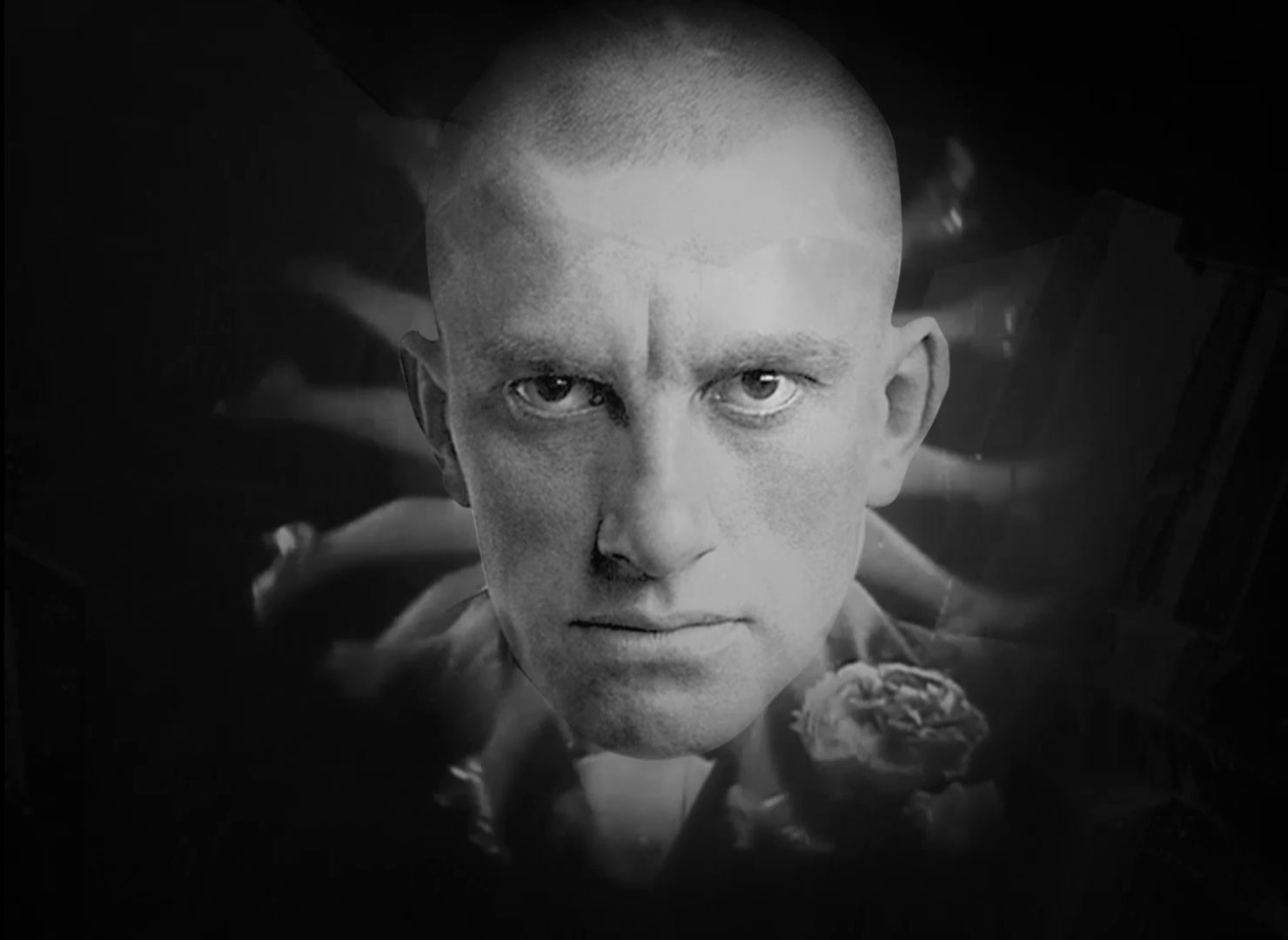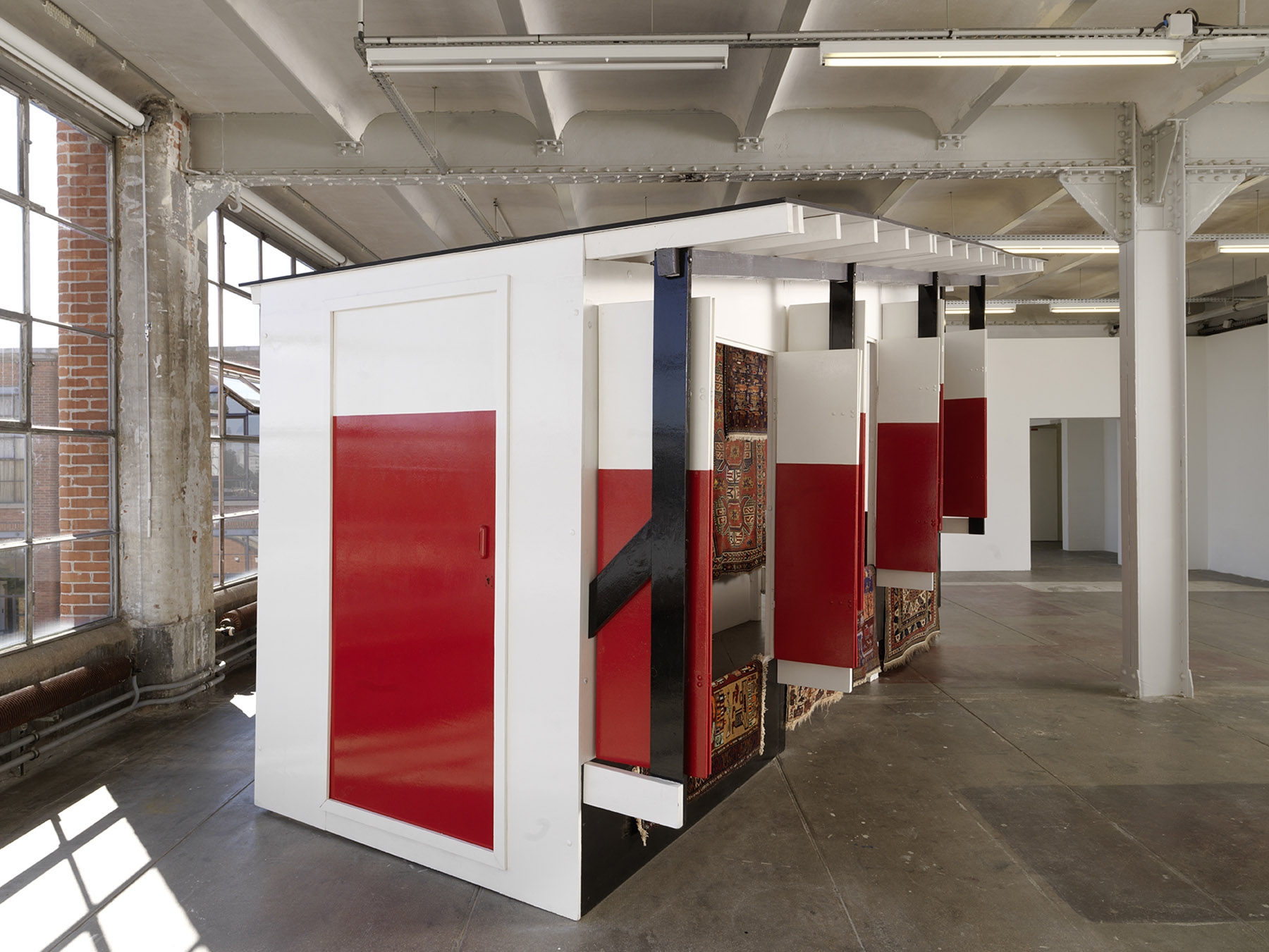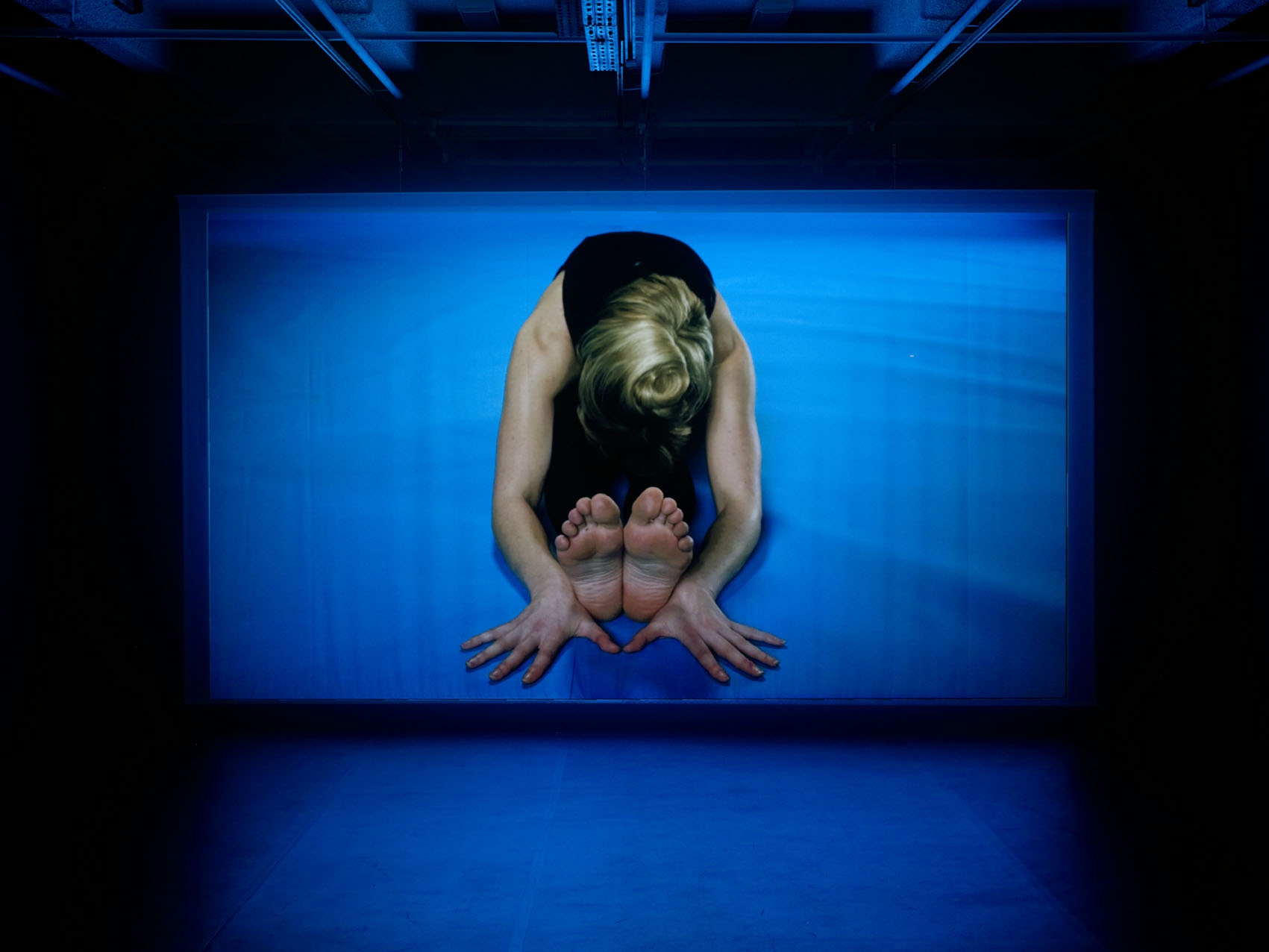Le cercle des launeddas
Michel Aubry, Aurélien Froment

Michel Aubry, Is Launeddas, 1992-2000. Colour film, sound, 45 min. © Michel Aubry / Adagp, Paris, 2019

Aurélien Froment, Allegro Largo Triste, 2017 Video projection HD, 36 min 15 s. Courtesy Marcelle Alix, Paris

Aurélien Froment, Allegro Largo Triste, 2017 Video projection HD, 36 min 15 s. Courtesy Marcelle Alix, Paris



The ethnomusicologist Andreas Fridolin Weis Bentzon filmed the launeddas player Antonio Lara in 1962, who was Aurelio Porcu’s teacher. Michel Aubry filmed Aurelio Porcu and his student Franco Melis in Is Launeddas (1992-2000). In turn, Aurélien Froment filmed Franco Melis and some of his students in Allegro Largo Triste (2017).
Michel Aubry and Aurélien Froment’s films function in the same way as Sardinian music is passed down through generations. Each of the two artists has travelled to Sardinia at different times, with different challenges and means. Aurélien Froment proposes at Crédakino “a session without interruption, in complete Sardinian immersion, in order to travel through time by following the three pieces of reed that make up the instruments, and thus to continue Michel Aubry’s film in [his] own”.
The launeddas are one of the oldest known musical instruments on the European continent. The instruments of this family consist of three reed tubes, five notes in the right hand and five notes in the left hand, the left hand being coupled to a drone. The blower uses the technique of continuous circular breathing, playing all three tubes simultaneously to bring dancing to the villages or to accompany religious processions.
Traditionally, the training of a musician was done by sharing the days of a master, from agricultural and domestic work in the morning to music lessons in the afternoon, with no discontinuity between art and life. The master passed on to his pupil the basics of each sonata from which the pupil would later assert his personality as a piper. It is a relational music, which passes from one breath to another without any material support, neither score nor recording. At the end of the 1980s, Michel Aubry, an artist and bagpipe maker, travelled to Sardinia to meet the launedda blowers. With Dante Olianas, an activist of the Sardinian nationalist party, and Franco Melis, a young musician of his generation, they met all the professional musicians of the island and collected testimonies and music. Aurelio Porcu, Franco Melis’ teacher, tells them about the titanic project undertaken by the young Danish anthropologist Andreas Fridolin Weis Bentzon (1936-1971) at the end of the 1950s, to make an inventory of the repertoire of this music which was then played in the villages of the island, and which was secretly transmitted from master to disciple.
In Allegro Largo Triste (2017), Aurélien Froment films the polyphonic music of Franco Melis, the last in a long line of musicians who lived in the village of Villaputzu in southern Sardinia. The film attempts to bring Melis’ music to the screen by following its lines. Each piece of music filmed gives its duration to the shots, without cuts or interruptions. The film’s shots follow each other like the musical phrases of a sonata and never repeat themselves. The locations chosen to bring the music to the screen inscribe the sound in the different fields of the reality of the contemporary launedda player, reflecting as much the changes in social paradigms as the permanence of a gesture, far from folkloric simplification: at the Museum of Archaeology in Cagliari, where a bronze statuette representing a bellringer is preserved 1000 years before our era on a hill opposite Tuili, the village of Franco, the probable site of a nurraghe (primitive stone constructions found on every highest point of a landscape, no doubt to defend a territory and communicate from a distance); at the edge of a stream - where reeds grow naturally; at the workshop where the first sounds are born from the patient transformation of the material; in the courtyard of a house, where music makes people dance; at the church, where pagan and Christian traditions meet; and finally at the local museum where Franco teaches and where we watch the decomposition of a sonata. (Based on research by Aurélien Froment)
Artist biography
-
Michel Aubry was born in 1959. He lives and works in Paris, France. http://www.michelaubry.fr/
Aurélien Froment was born in 1976 in Angers, France. He lives and works in Edinburgh, Scotland.


